
British Citizenship FAQ: Everything You Need to Know About Naturalisation & Registration
Have questions about British citizenship? Learn about naturalisation, registration, eligibility, costs, and more in our detailed FAQ guide.

Emma Okenyi
British citizenship is a significant milestone, providing individuals with the right to live, work, and fully participate in life in the UK. However, the application process can be complex, with various eligibility requirements and legal considerations.
To help you navigate the process, we’ve compiled answers to some of the most frequently asked questions about naturalisation and registration as a British citizen.
📌 For a complete guide on British citizenship, including recent rule changes, read our latest blog: British Citizenship Updates: New Rules & What You Need to Know
-
What is the difference between naturalisation and registration?
Naturalisation is the process for adults to apply for British citizenship after meeting residence and eligibility requirements. Registration is primarily for children or individuals with a specific UK connection, such as being born to British parents or having lived in the UK for an extended period.
🔎 Learn more about eligibility and routes to British citizenship here: British Citizenship Updates
-
How long must I live in the UK before applying for naturalisation?
You must have lived in the UK for at least 5 years (or 3 years if married to a British citizen) and held Indefinite Leave to Remain (ILR), Settled Status, or a Permanent Residence card for at least 12 months before applying.
-
Can my child apply for British citizenship?
Yes, children may qualify for registration if:
-
They were born in the UK and a parent later becomes a British citizen.
-
They have lived in the UK for their first 10 years with minimal absences.
-
They were born abroad to British parents who meet certain criteria.
🔎 For detailed insights on British citizenship for children, visit our guide: British Citizenship Updates
-
Do I need to take the Life in the UK Test?
Yes, the Life in the UK Test is required for naturalisation but not for registration. Certain applicants, such as children, may be exempt.
-
What is the English language requirement for naturalisation?
Applicants must prove English proficiency through an approved language test or qualification unless they are from a majority English-speaking country.
-
Can I apply for British citizenship if I have a criminal record?
You must meet the “good character” requirement, which considers criminal records, immigration breaches, and financial issues such as bankruptcy. Each case is reviewed individually.
🔎 New Home Office rules now make this assessment stricter. Learn more: British Citizenship Updates
-
How long does the naturalisation or registration process take?
The Home Office typically processes applications within 6 months, though this varies based on case complexity and application volume.
-
What documents do I need to apply?
Typical documents include:
✅ Passport and travel history
✅ Proof of residence and ILR/Settled Status
✅ Marriage/birth certificates (if applicable)
✅ Life in the UK Test and English proficiency certificates
🔎 For a step-by-step breakdown of the application process, check our guide: British Citizenship Updates
-
Can I apply for my entire family at once?
Yes, family applications can be submitted together, but each member’s eligibility is assessed separately.
-
What happens if my application is refused?
There is no right of appeal, but you may be able to request a reconsideration or reapply, addressing any issues raised.
🔎 Understanding refusals and how to address them is crucial. Read more here: British Citizenship Updates
-
How much does it cost to apply for British citizenship?
💰 Naturalisation for adults: £1,630
💰 Registration for children: £1,214
💰 Additional £130 if a child turns 18 during the process.
Official fees for citizenship applications can be found here.
*Disclaimer: Fees correct as of January 2025*
-
Can my child apply for citizenship even if I am not British?
In some cases, yes. For example, children who have lived in the UK for 10+ years may qualify for registration.
-
Will I lose my current citizenship if I become British?
The UK allows dual citizenship, but some countries do not. Check with your home country’s authorities.
🔎 More on British nationality laws and dual citizenship here: British Citizenship Updates
-
When can I apply for a British passport after becoming a citizen?
After your citizenship ceremony, you can apply for a British passport immediately.
-
Can I travel while my British citizenship application is pending?
Yes, as long as you maintain your current immigration status and remain available for Home Office requests.
Still Have Questions?
Our team at Paragon Law specialises in British citizenship applications. Contact us today for expert advice tailored to your needs.
Subscribe for updates
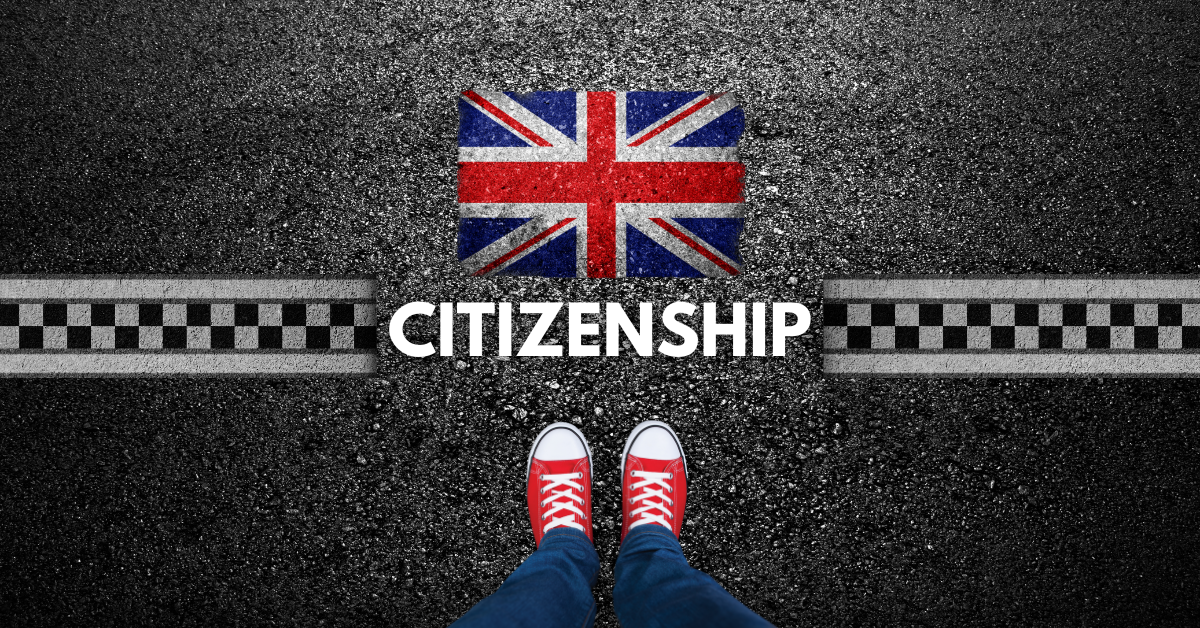
British Citizenship Updates: New Rules & What You Need to Know
Not ready to talk? Our free immigration resources may have the answer to your questions

Global Talent Visa: Eligibility, Requirements and Application Process
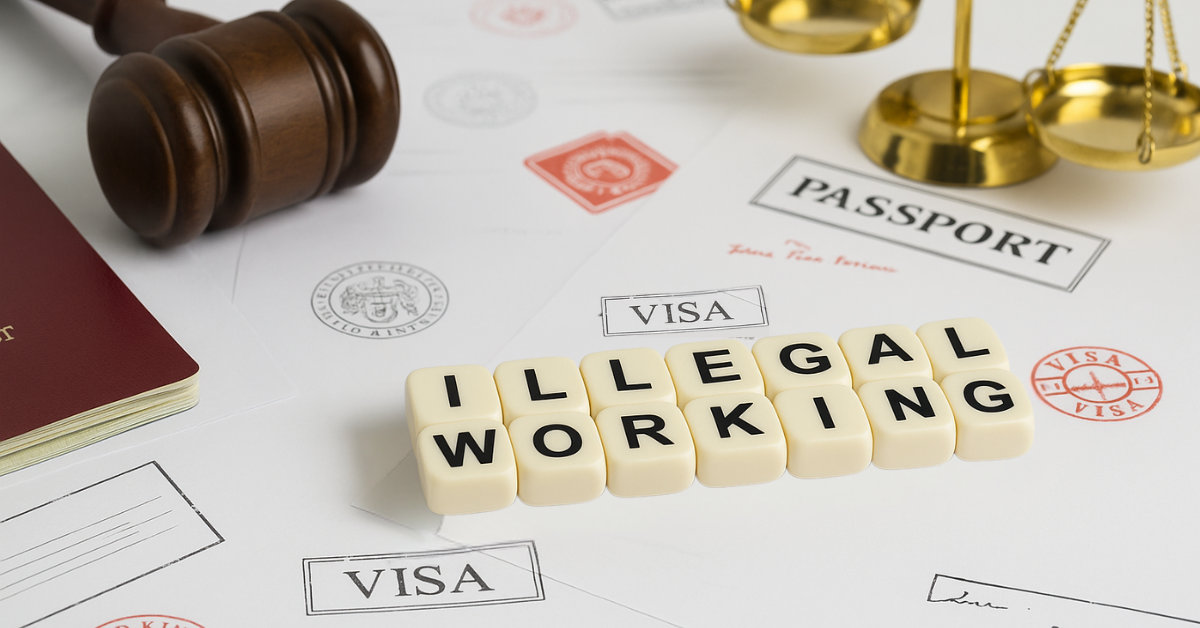
Border Security, Asylum and Immigration Act 2025 – What Employers Need to Know
.png)
UK Immigration Rule Changes 2025: Visa and Settlement Reforms Explained
%20What%20Sponsors%20Need%20to%20Know%20(1).png)
Upcoming Increase to the Immigration Skills Charge (ISC): What Sponsors Need to Know

Home Affairs Committee Launches Call for Evidence on Settlement Reforms
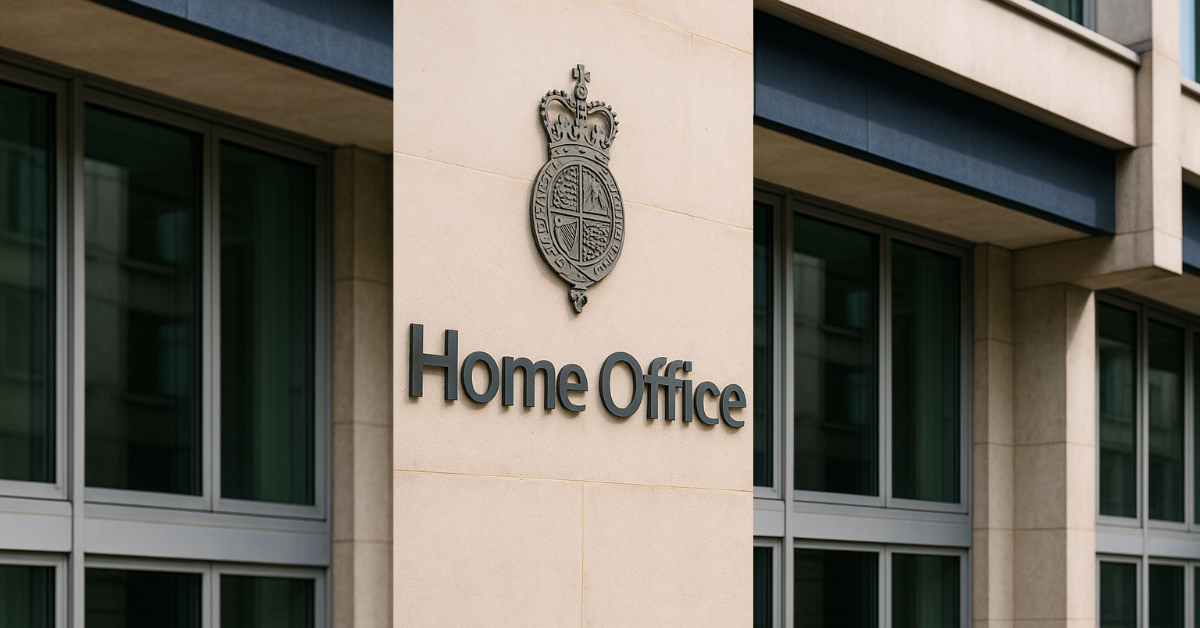
UK Immigration Rules 2025–2027: Key Visa & Policy Changes Explained
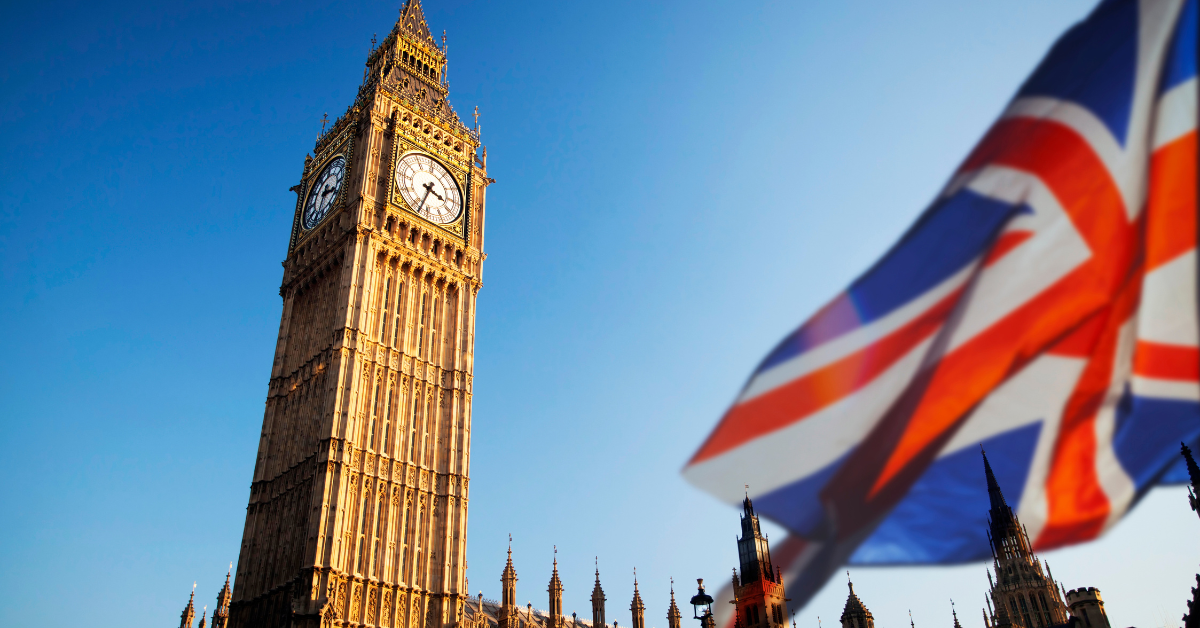
UK Immigration White Paper 2025: Visa & Settlement Rule Changes Explained
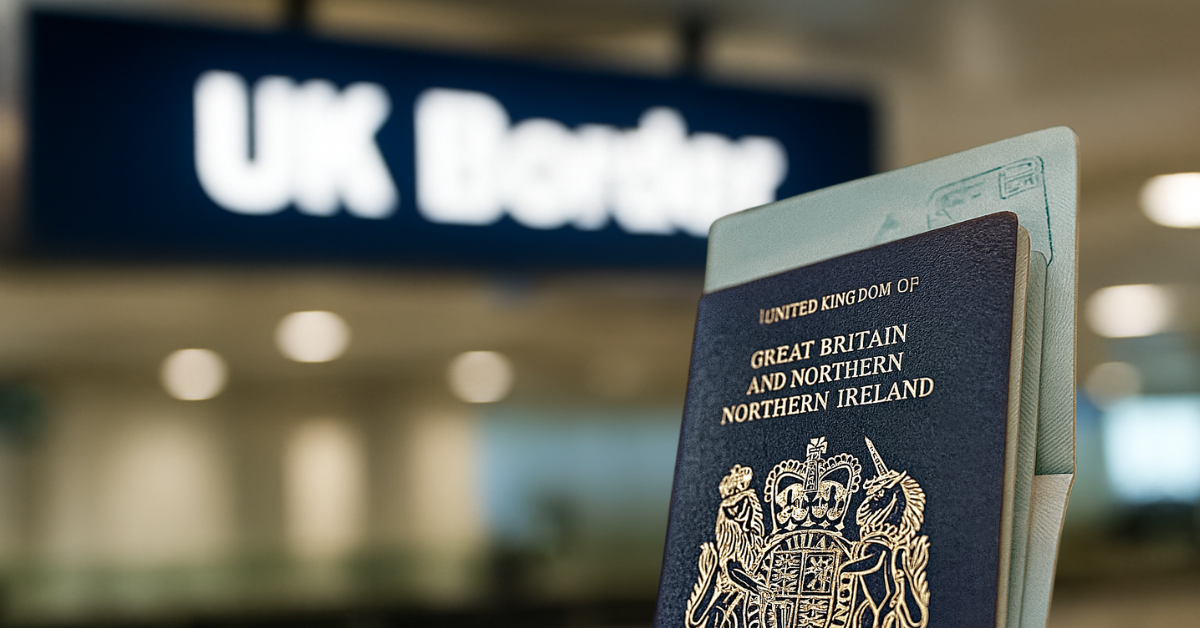
Home Secretary on UK Immigration: Settlement Rules & Border Control
.png)

